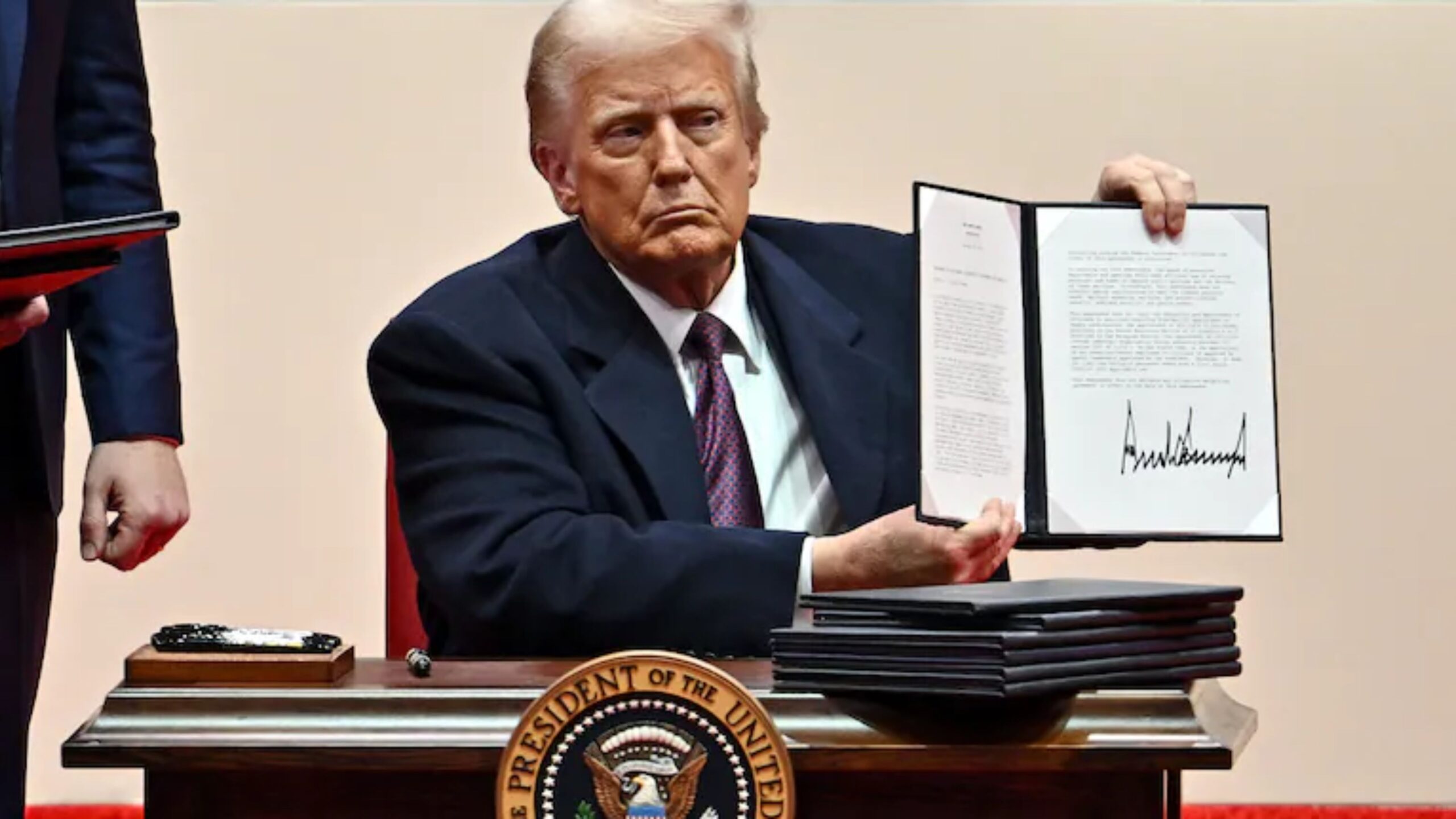In a landmark move, former U.S. President Donald Trump signed an executive order on January 24 mandating the full declassification of the remaining secret files related to the assassinations of President John F. Kennedy, his brother Robert F. Kennedy, and civil rights leader Martin Luther King Jr. This decision aims to quell lingering conspiracy theories surrounding these historic tragedies.
“This is a big one, huh? A lot of people have been waiting for this for years, for decades,” Trump remarked while signing the order in the Oval Office. He promised, “Everything will be revealed,” emphasizing the importance of transparency in national interest.
?BREAKING: Trump Has Signed An Executive Order To Declassify The JFK, RFK, and MLK Jr. Files And Requested The Pen He Used Be Given To RFK Jr.
WATCH LIVE:https://t.co/CpvKIMSVQT pic.twitter.com/VgltUKcLt8
Advertisement · Scroll to continue— Alex Jones (@RealAlexJones) January 23, 2025
Revisiting the JFK Assassination Records
The U.S. National Archives has already made public 97% of the five million pages of Kennedy assassination-related documents. However, thousands of files were withheld in recent years due to national security concerns. Trump’s latest directive requires the “full and complete release” of these records, eliminating prior redactions.
The assassination of JFK on November 22, 1963, remains one of the most controversial moments in U.S. history. The official Warren Commission report concluded that Lee Harvey Oswald, a former Marine sharpshooter, acted alone in the assassination. However, this finding has not stopped decades of speculation about potential plots involving Cold War adversaries, the CIA, the Mafia, or even U.S. officials.
Trump’s action also comes in response to pressure from Robert F. Kennedy Jr., JFK’s nephew. RFK Jr. has been a vocal proponent of theories suggesting CIA involvement in both JFK’s and RFK’s assassinations, citing what he calls “overwhelming evidence.”
Controversial Figures and Theories
Robert F. Kennedy, then a Democratic presidential candidate, was assassinated in 1968 while campaigning. Palestinian-born Sirhan Sirhan was convicted of the crime, but RFK Jr. and others have questioned the official account. Similarly, Martin Luther King Jr.’s assassination in April 1968 by James Earl Ray has been subject to scrutiny, with King’s family expressing doubts about Ray’s role.
The delayed release of these documents has fueled conspiracy theories, with popular culture—like Oliver Stone’s 1991 film JFK—further stoking public curiosity. Trump’s move seeks to address these questions, though experts believe the unreleased files are unlikely to provide groundbreaking revelations.
Political Implications
Trump’s decision also carries political undertones. After signing the order, he handed the pen to an aide, saying, “Give that to RFK Jr.,” referencing JFK’s nephew, who has become a controversial figure as an anti-vaccine activist and Republican ally. RFK Jr. recently abandoned an independent presidential bid to endorse Trump, a move that earned him a nomination for secretary of the Department of Health and Human Services.
Final Push for Transparency
While previous administrations, including Joe Biden’s, delayed the full release of JFK-related documents citing national security concerns, Trump’s executive order demands immediate transparency. The hope is to bring closure to a case that has captivated the world for six decades.
Despite this effort, scholars argue the remaining files are unlikely to contain definitive proof to dispel conspiracy theories, leaving the JFK assassination shrouded in mystery.
ALSO READ: Los Angeles Fires: Sepulveda Fire Breaks Out Near Bel-Air, Prompting Evacuation























